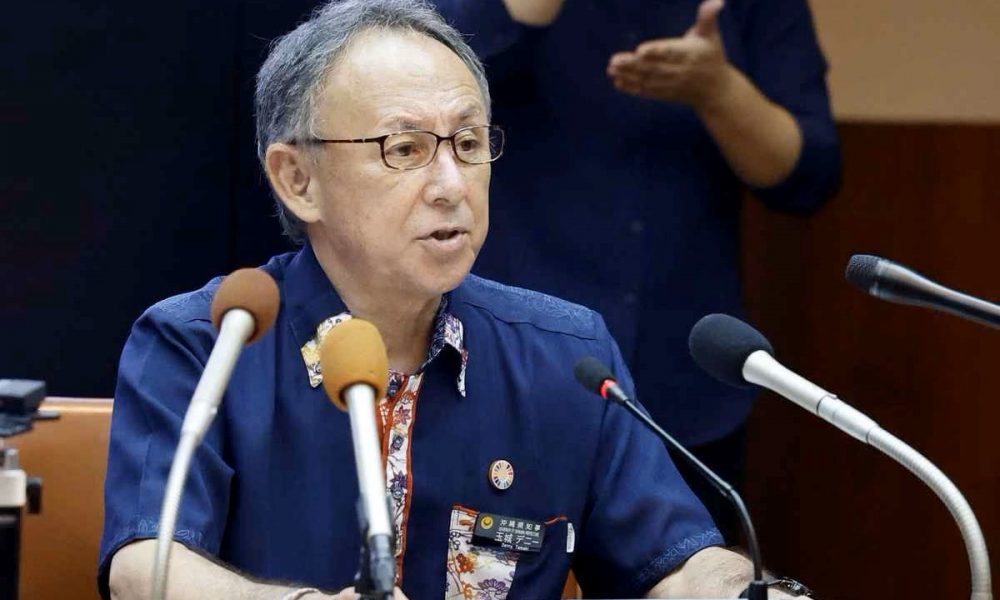
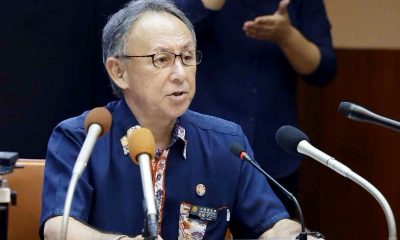

With this Supreme Court ruling, Tamaki should promptly fulfill his legal duty to approve the government's design change for the Okinawa Henoko air base site.
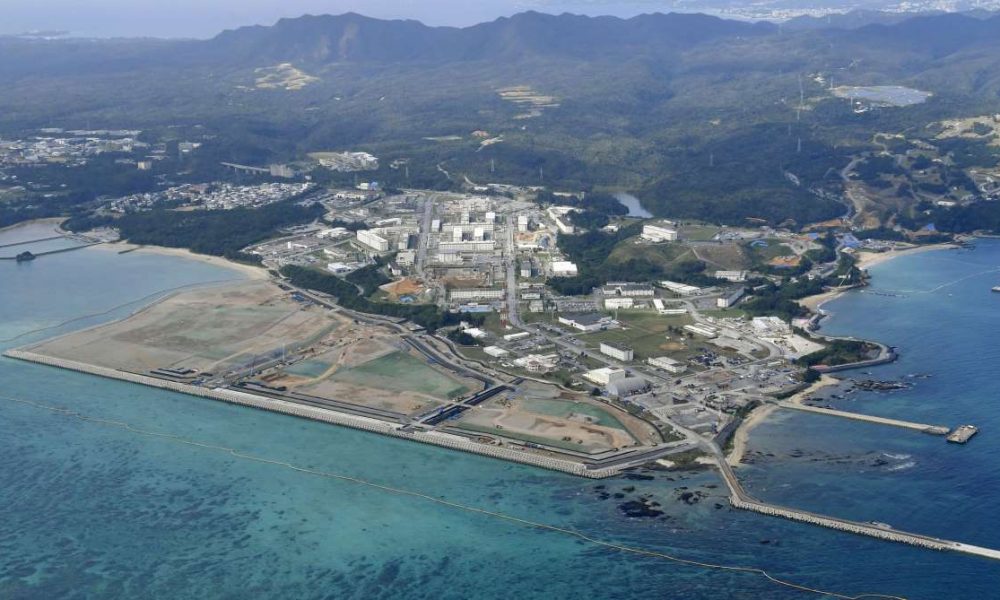
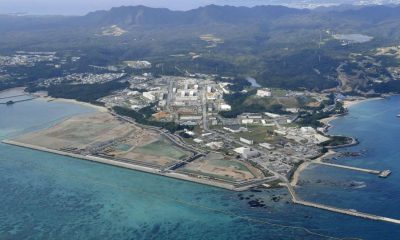

Sole use of Okinawa bases by the US military shows lack of integration with the SDF. That must change to defend against the threat of Chinese...
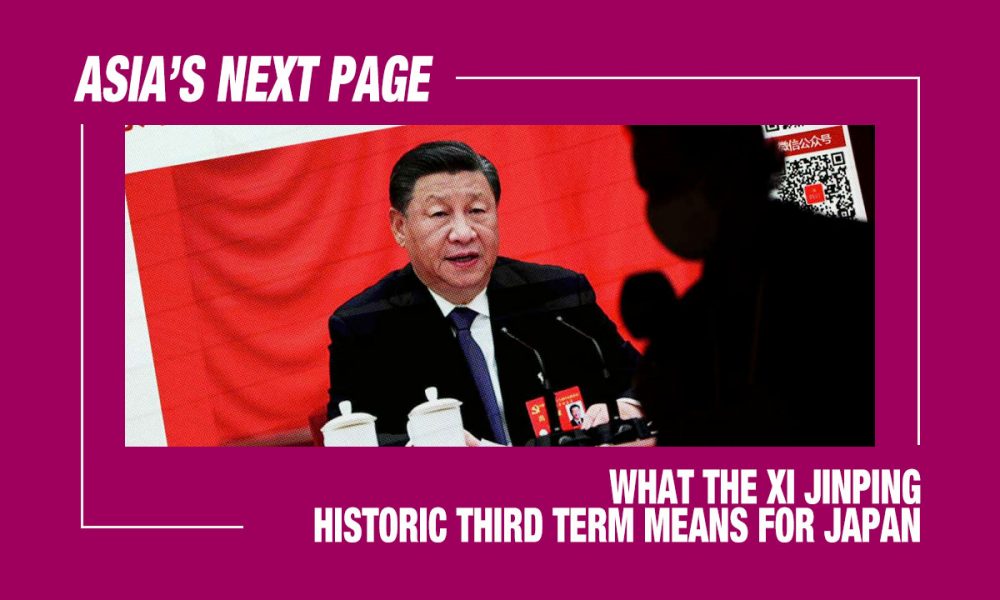
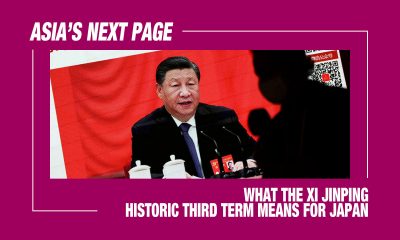

The Xi Jinping dictatorship has become absolute. What does that mean to Japan, and how will it affect Tokyo's economic and security policy choices?
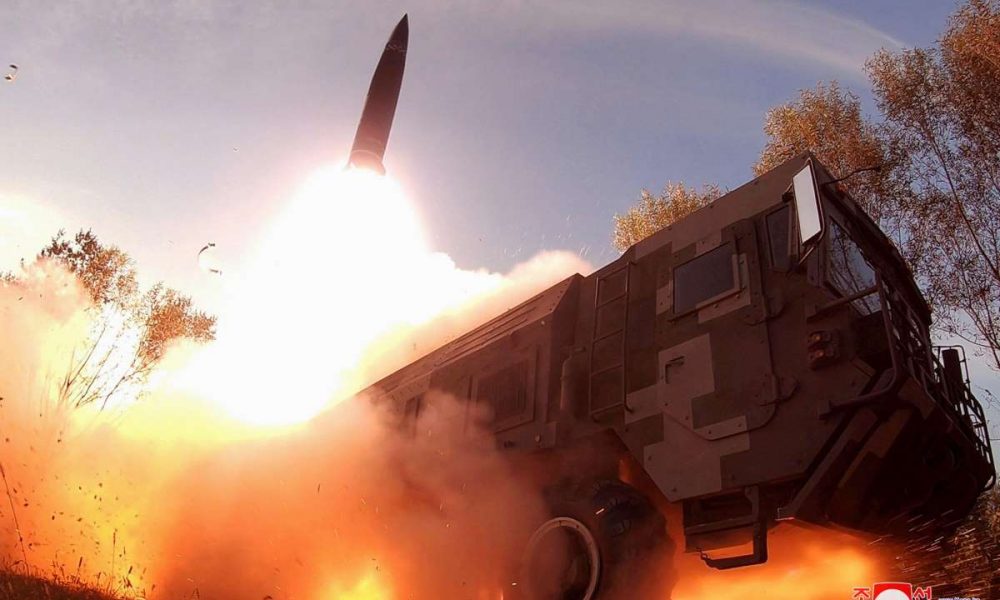
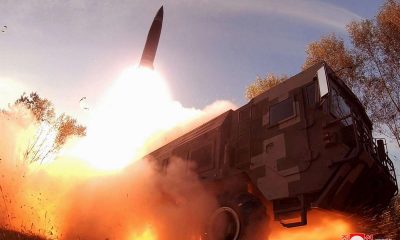

With its provocative missile launches and nuclear threats, North Korea is causing Japan and South Korea to rethink deterrence and alliance-based cooperation.
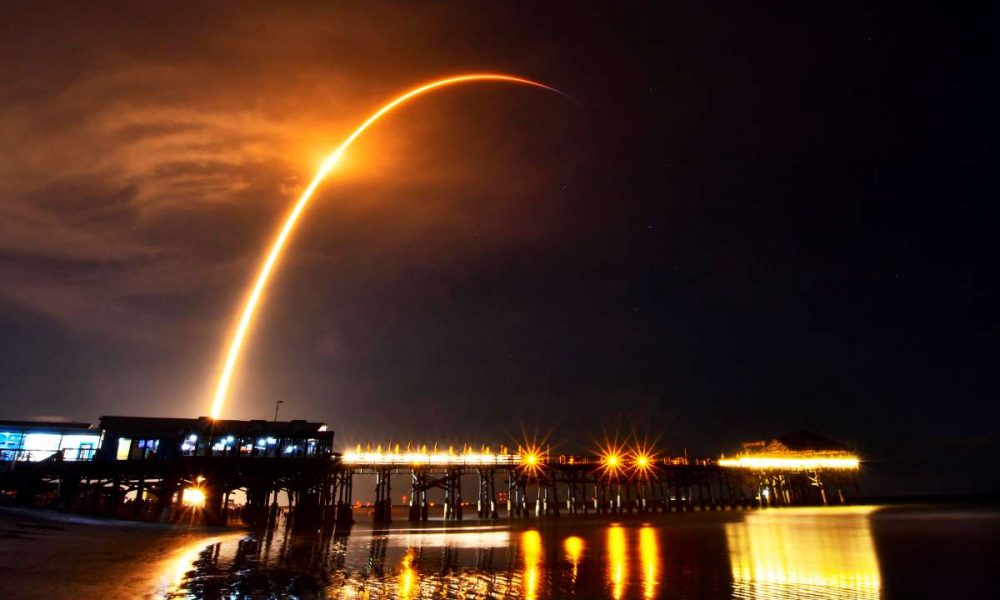


Cybersecurity has become a key component of national security, and the government has a critical role to play to protect citizens and private property.
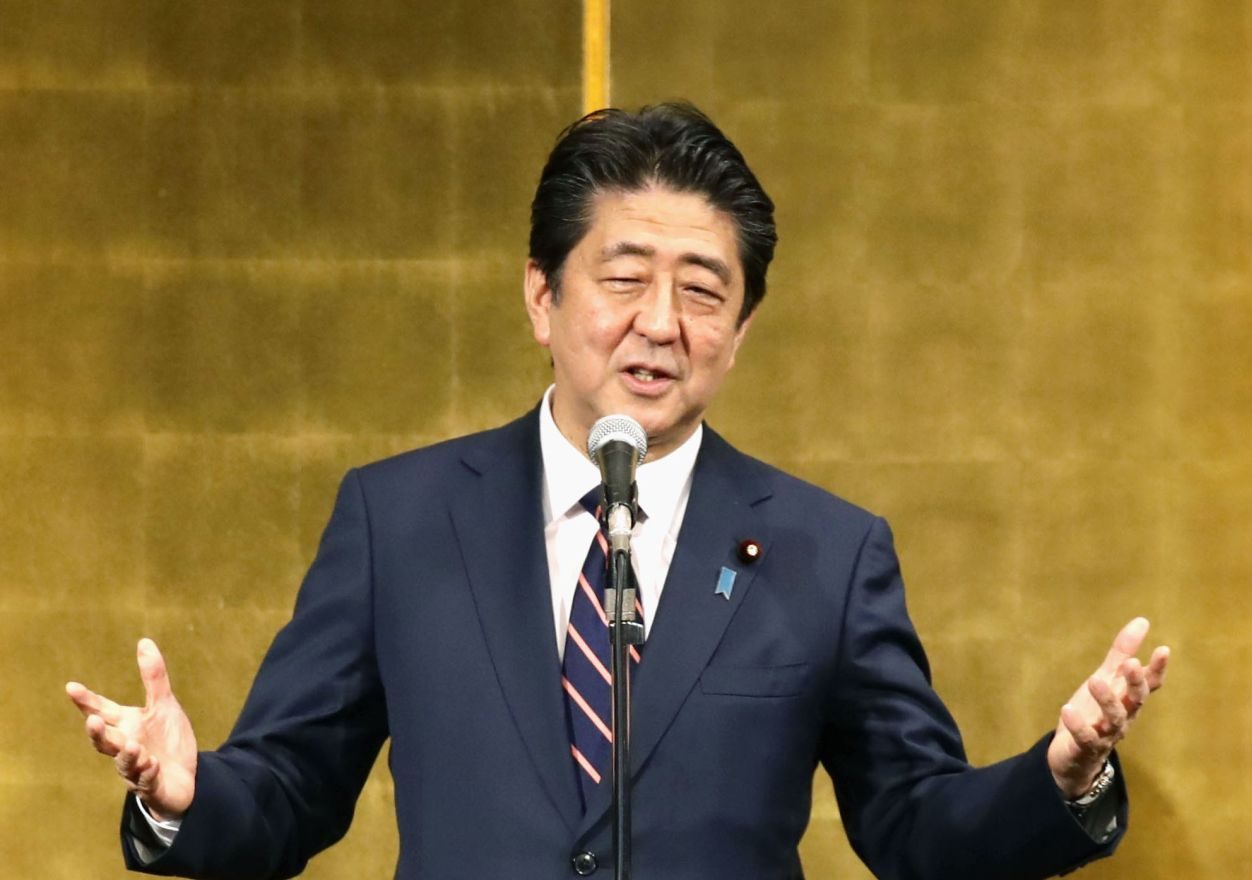


Shinzo Abe’s quest for “normality” continues — in foreign policy, cultural pride, and possession of similar intelligence resources to other large democracies.
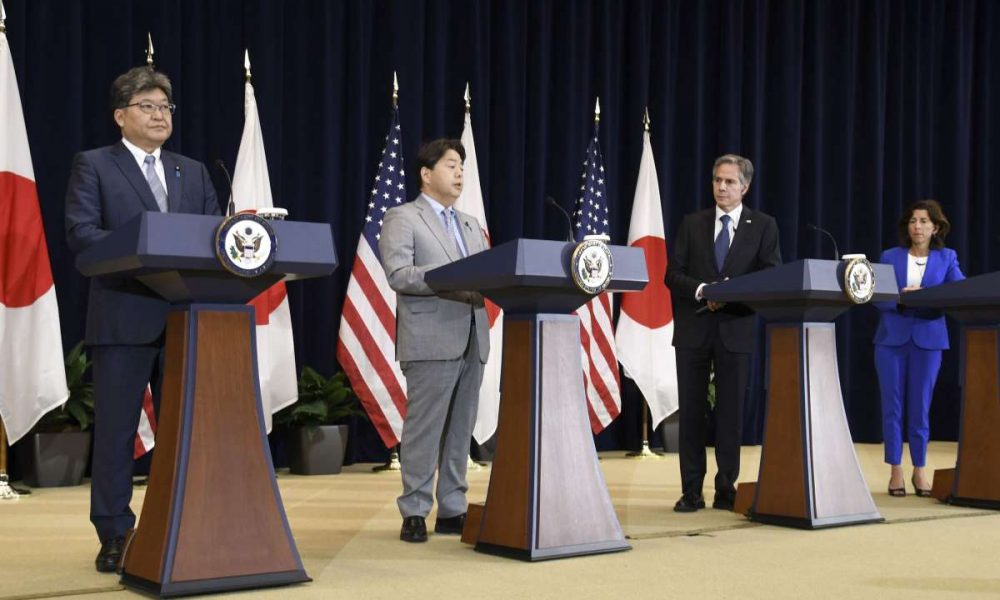
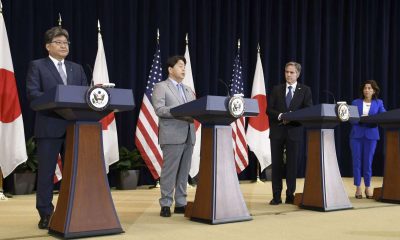

Their announcement of R&D cooperation on a Japan-based 2-nanometer semiconductor facility shows both parties’ strengths can help leading-edge supply chains.
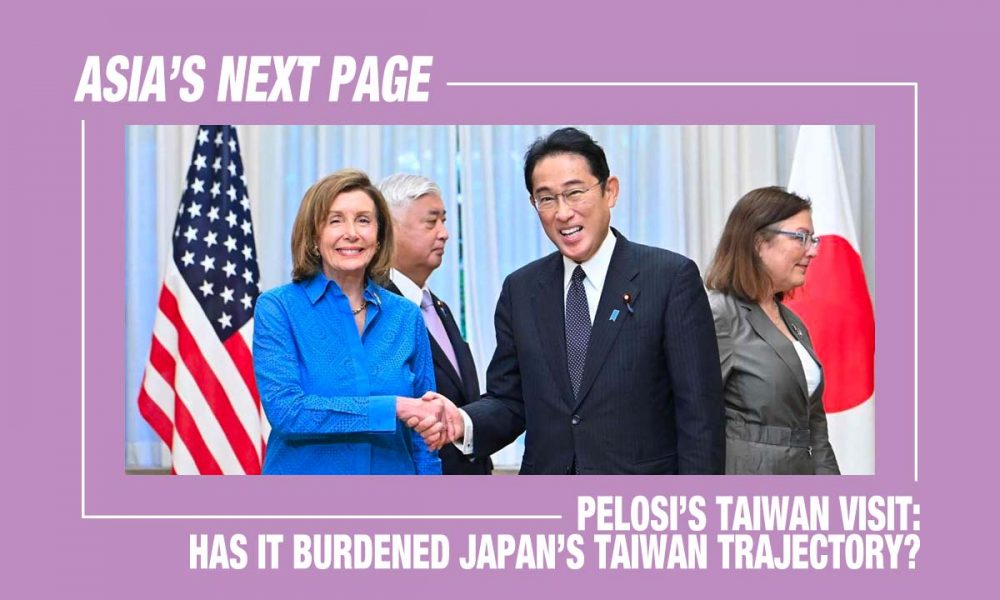
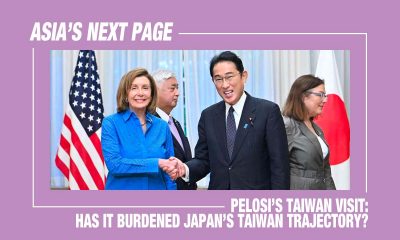

China’s actions against Japan are a signal to deter its pursuit of the free and open Indo-Pacific and dampen Tokyo’s growing global profile and regional voice.
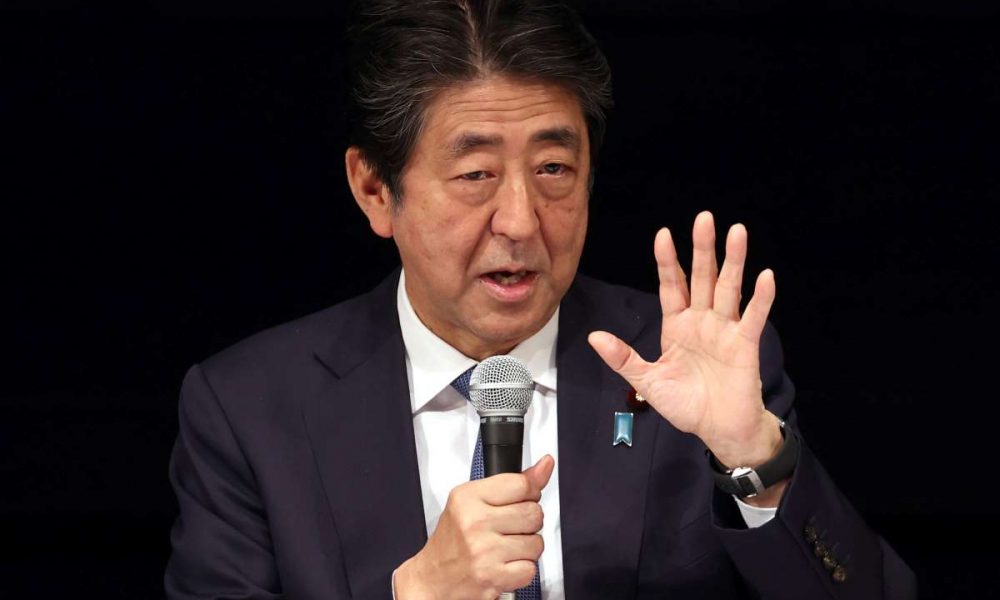
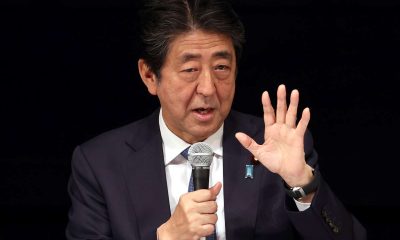

A fight to defend Taiwan will be far more deadly than Ukraine. So what if Japan takes the lead by ending its own strategic ambiguity first?
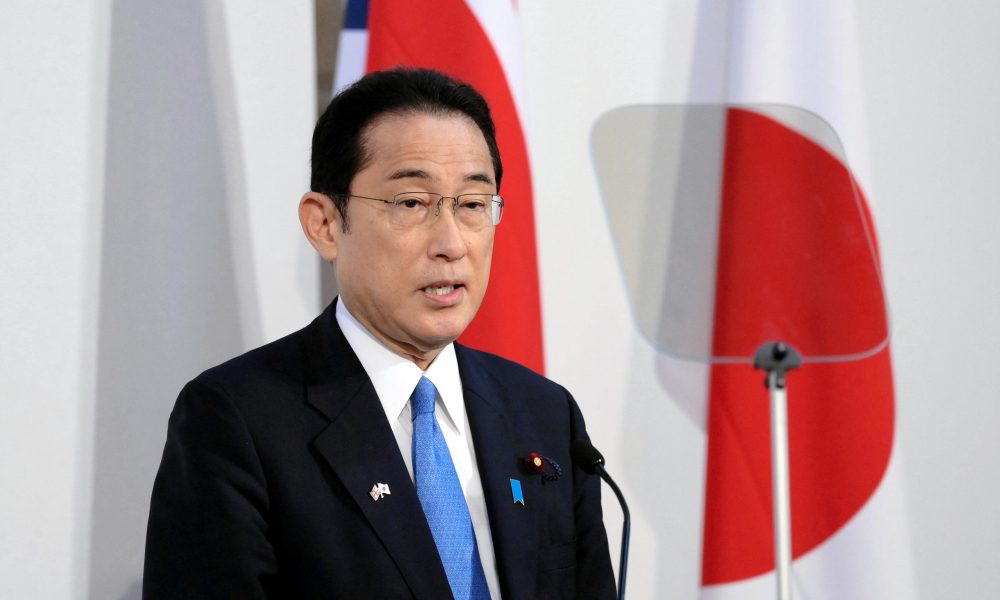
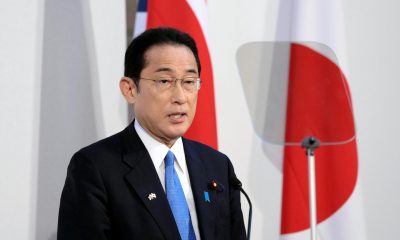

The Prime Minister says parliamentary debate and public opinion must be enlivened at the same time as the ruling party pushes for four amendments.
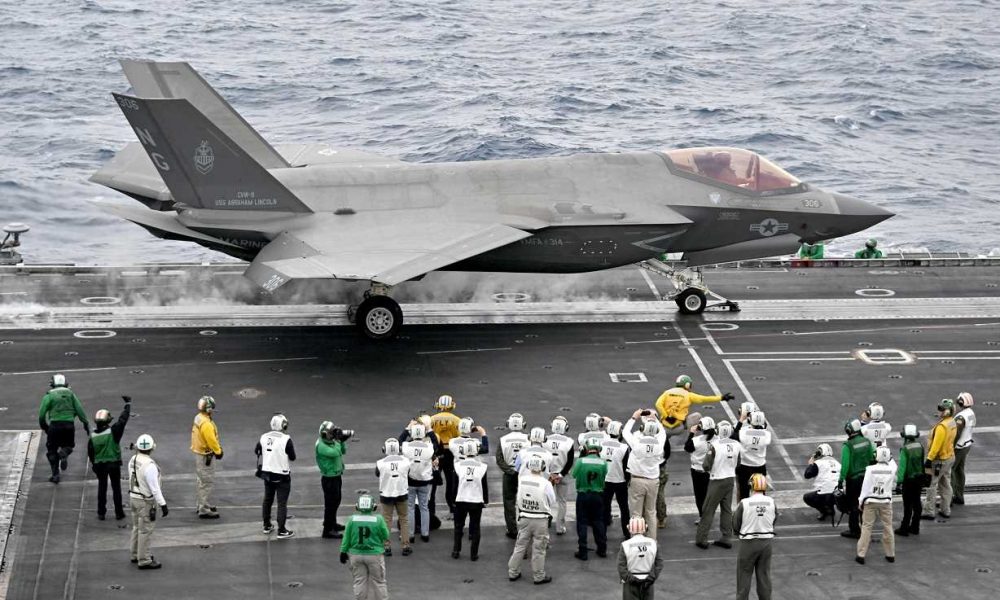
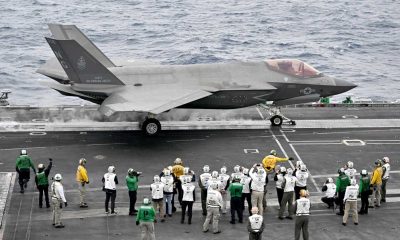

“The key is deterrence. I think you're standing on board a large piece of that deterrence, but also the training with other like-minded nations.”
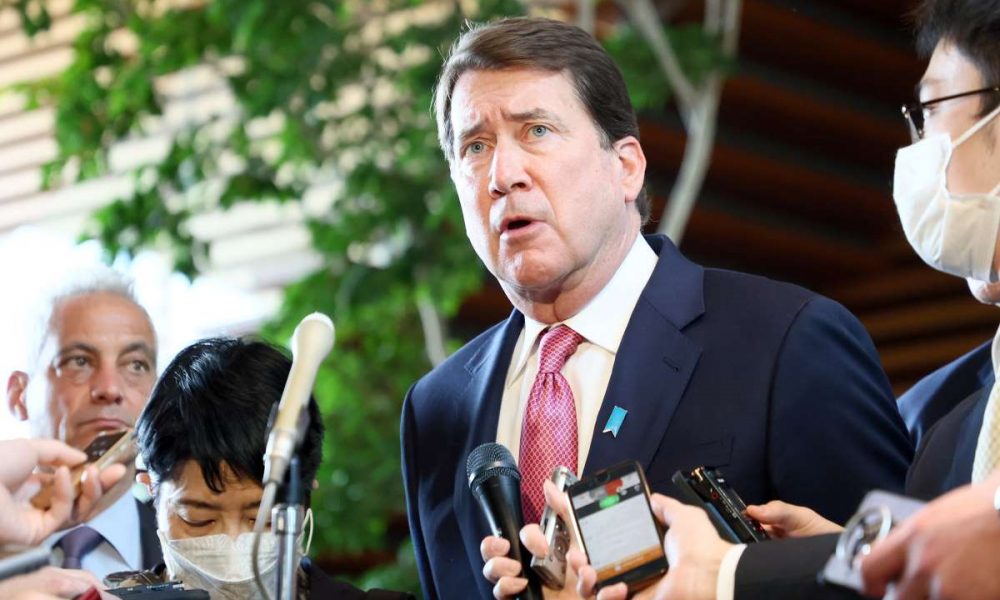
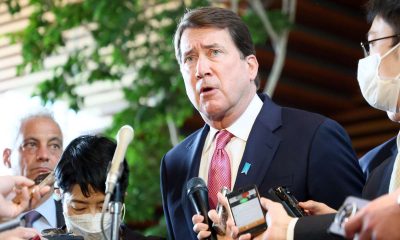

PM Fumio Kishida and Senator Bill Hagerty— former US ambassador to Japan— talked about Russia's invasion of Ukraine and issues related to China and North Korea.